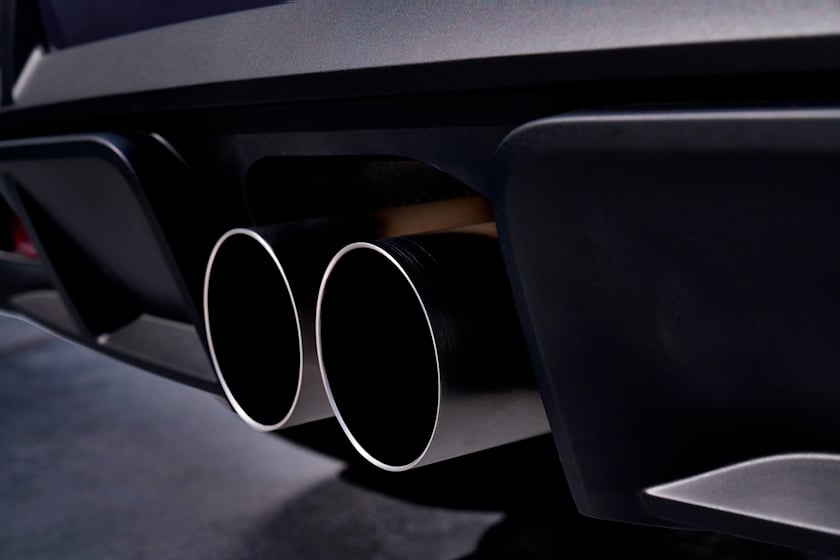If getting pulled over by the cops stresses you out, this guide will help put your mind at ease.
Being pulled over by the cops is rarely a stress-free experience, even if it's just a routine stop where you haven't done anything wrong. There are various things you can do to ease your own tension and avoid exacerbating the situation however, and understanding why cops do what they do can help to make you less anxious.
In most cases, the cops that pull you over are as wary as you are, so if you haven't done anything wrong and you're not a criminal on the run, complying and remaining cordial is a good first step. Knowing how to react and what to expect will certainly help you in this regard, so here's how to respond to being signaled for a traffic stop and what that typically entails.
If you've been pulled over by the cops, or are being signaled to do so, here are some helpful steps to follow:
When a police officer is pulling someone over, there is a certain procedure the officer has been trained to follow and certain things the officer has been taught to pay attention to. Here are some of the things to consider from the officer's point of view:
There are several reasons as to why cops touch the back of your car when approaching. Before the police started using dashboard cameras in their patrol vehicles and using POV body cameras as standard practice, they would tap the rear taillight of cars they've pulled over as an inconspicuous way to leave behind evidence of the encounter. If the officer has to prove that the encounter did happen or if anything had to happen to the officer during the traffic stop, the fingerprints left on the taillight can be used as evidence that the encounter did happen if a more complex investigation is opened or if whatever happens during the encounter leads to court.
It's also widely believed that this is a tactic used to startle the driver and occupants, which is something that is more likely to work if the driver or occupants are trying to conceal something, which then gives the officer a better idea of what they can expect or give themself more time to see what's going on in the car. Tapping the trunk also lets the officer determine whether or not the trunk or tailgate is closed. If it were slightly open, this could be an indication of an ambush.
Yes. Whether you give consent or not, an officer does have the authority to pat you down and search your car if they believe you could have a weapon or contraband on your person or in your car. It's worth noting, however, that if you do give consent, it will be a lot more difficult to defend yourself in court should they find something illegal.
No. In most circumstances, you're not legally obligated to answer cops asking questions, but in some states, if the officer asks for your name, you'll have to answer, and if they ask for your license and registration, you'll have to comply. You otherwise don't have to answer any other questions cops may ask, but there aren't many good reasons why you'd avoid it. Unless you have something to hide, being upfront and honest is always the best way to go.
No. You are only allowed to exit your vehicle if the police officer requests that you do, as there are several risks involved. Getting out of your vehicle could be considered threatening to a police officer, especially if you approach the cop's car as they are unsure of your intent, and getting out of your vehicle could put you in danger especially if there's a lot of traffic around.
Unmarked police cars aren't typically assigned to official traffic duties but police in unmarked vehicles are allowed to pull over drivers that have committed blatant traffic infringements or are behaving in a way that is a risk to themselves or others on the road. Officers that do pull over a car in an unmarked vehicle will, however, have to be able to identify themselves.
You are entitled to ask any questions you deem relevant, or even ask for an officer's badge number or other identifying information if you feel they are treating you unfairly. However, like you, they are not required to answer any of these questions, nor even tell you the reason that they pulled you over. You are allowed to record the interaction if you feel there might be funny business afoot. This can be construed as confrontational by some cops, though, even if they are not legally allowed to stop you.



